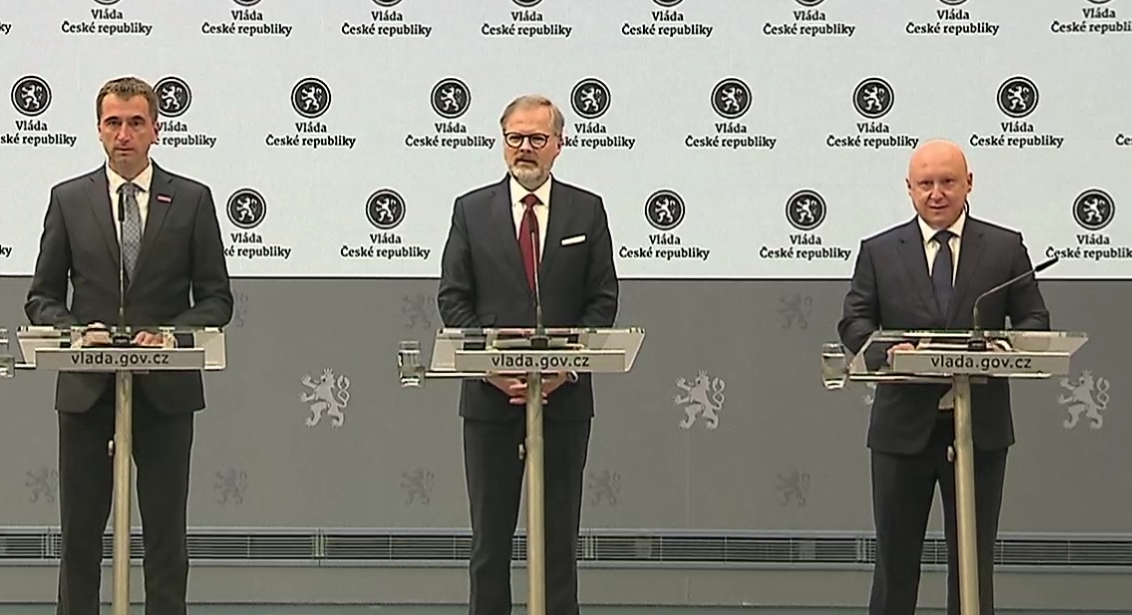Today, the contract for the construction of new nuclear units at the Dukovany power plant was signed at a ceremony, which Prime Minister Petr Fiala described as a key step in ensuring the Czech Republic's energy security and self-sufficiency. According to Fiala, the project, which is one of the largest in the country's modern history, will bring benefits not only for the current generation but also for future decades.
The contract for the completion of Dukovany was concluded between Elektrárna Dukovany II, the majority owner of which is the state (80 % shares were taken over from ČEZ in spring 2025), and the South Korean company Korea Hydro & Nuclear Power (KHNP), which won the tender in 2024 over the French EDF and the American Westinghouse. The project involves the construction of two new reactors of 1,000 MW each, to be completed between 2036 and 2037. The new units will replace existing Soviet reactors that have been in operation since the 1980s and are nearing the end of their useful life.
According to Prime Minister Fiala, at least 60 % Czech companies will participate in the construction, which corresponds to the long-standing demand of the government and the opposition for the involvement of domestic industry. Contracts have already been signed covering about half of this amount, which means that most of the investment will stay in the Czech Republic and support the local economy. For example, companies such as Doosan Škoda Power and Škoda JS, which Fiala visited with South Korean President Jun Sok-jool in September 2024, will play a key role - Doosan Škoda Power is to supply a steam turbine, one of the project's main technologies.
One of the main arguments for this project is its economic viability. According to Fiala, the new units will produce electricity at a cost of less than EUR 90 per megawatt-hour (MWh), which is significantly cheaper than comparable projects abroad. For example, in Poland, where Westinghouse is building, the estimated prices are around €110-120 per MWh, and in the UK, where EDF is building Hinkley Point C, prices are as high as £92.50 per MWh (around €108 at current exchange rates). A lower price at Dukovany could give the Czech Republic a competitive advantage and mitigate the impact on households and industry at a time when energy prices remain volatile.
The road to today's signing was not easy. The tender for the completion of Dukovany was accompanied by disputes and legal obstacles. After KHNP's victory in 2024, France's EDF filed several complaints, which led to litigation. In May 2025, the Brno Regional Court issued an interim measure prohibiting the signing of the contract, and the European Commission even investigated whether KHNP had benefited from unlawful state aid. However, these obstacles were overcome when the Supreme Administrative Court (SAC) 2025 annulled the interim measure on the ground that the public interest in the timely commencement of construction outweighed the applicants' interests and that EDF's action was unfounded.
The signing of the agreement was welcomed as a crucial step towards ensuring the Czech Republic's energy stability. Prime Minister Fiala stressed on the social network X that the project will strengthen the country for decades to come. On the other hand, some critics, including environmental organisations, continue to question the long-term sustainability of nuclear energy and point to the risks associated with nuclear waste or potential accidents.
gnews.cz - GH



